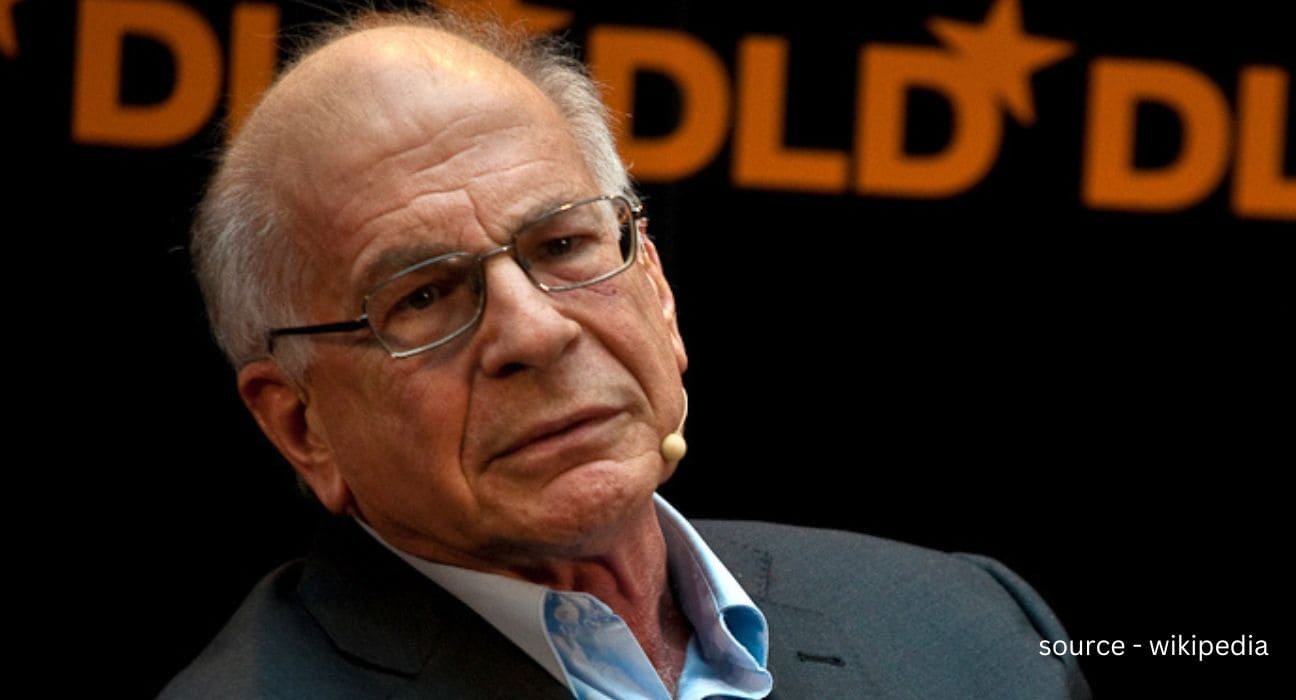If there is time to reflect, slowing down is likely to be a good idea.
Daniel Kahneman
Nobel Prize winner, Daniel Kahneman, died on Wednesday at the age of 90. It was announced by Princeton University, where Kahneman had been employed since 1993. Daniel Kahneman won the Nobel Prize in Economics, in 2002 for his insights into how deeply ingrained neurological biases can impact our decision-making processes.
Daniel wrote in his 2011 best-selling book, “We can be blind to the obvious, and we are also blind to our blindness”. His book, “Thinking, Fast and Slow” talks about how our brains work during the decision-making process. It explains that we have two systems of thinking. One is fast and automatic, and the other is slow and logical. The book talks about the influence of these two systems on our choices, and it helps us understand why we sometimes make mistakes in our decisions.
Daniel Kahneman has also made significant contributions in the field of Judgement, decision-making, and behavioural economics.
Kahneman was born in 1934, in Tel Aviv, Israel. His childhood was spent in Nazi-occupied France. There, his father was the chief of research in a chemical factory. In 1948, the family moved to Palestine. He Graduated with a bachelor of science with a major in psychology from the Hebrew University of Jerusalem in 1954, and later started a doctorate in psychology at the University of California Berkeley, US, 4 years later. After returning to Jerusalem in 1961, Kahneman started his academic career as a psychology lecturer. There he met cognitive psychologist Amos Tversky.
Kahneman and his colleague Tversky changed how we think about economics. Before their work, people believed that everyone made rational choices when deciding things like what car to buy or which job to take.
Kahneman and Tversky found that people fear losing more than they desire to gain. This idea, called “loss aversion,” explains why many prefer sticking to what they have, even if it’s not the best option. This led to “prospect theory,” showing how we make choices based on potential gains and losses rather than outcomes. For example, when given a choice between a sure 5000 rupees or a 50% chance of winning 10000 rupees, many go for the sure 5000 rupees because they like certainty.
“I had limited ambitions, I didn’t aspire to great success,” Kahneman told the Guardian in 2015. “I was very hardworking, but I didn’t expect to be a famous psychologist.”
When you read someone, you bring them into your heart. ❤️
— Arvind Otta (@arvindotta) March 28, 2024
Whenever I read #Kahneman, I felt proud reading.
You will always remain in our textbooks, as a reference in our articles and lectures, & you will be part of our conscience.
Goodbye, Sir. 🙏🏻 pic.twitter.com/1GGXcJKnFU













Leave feedback about this